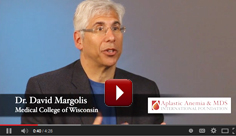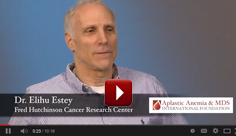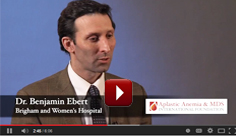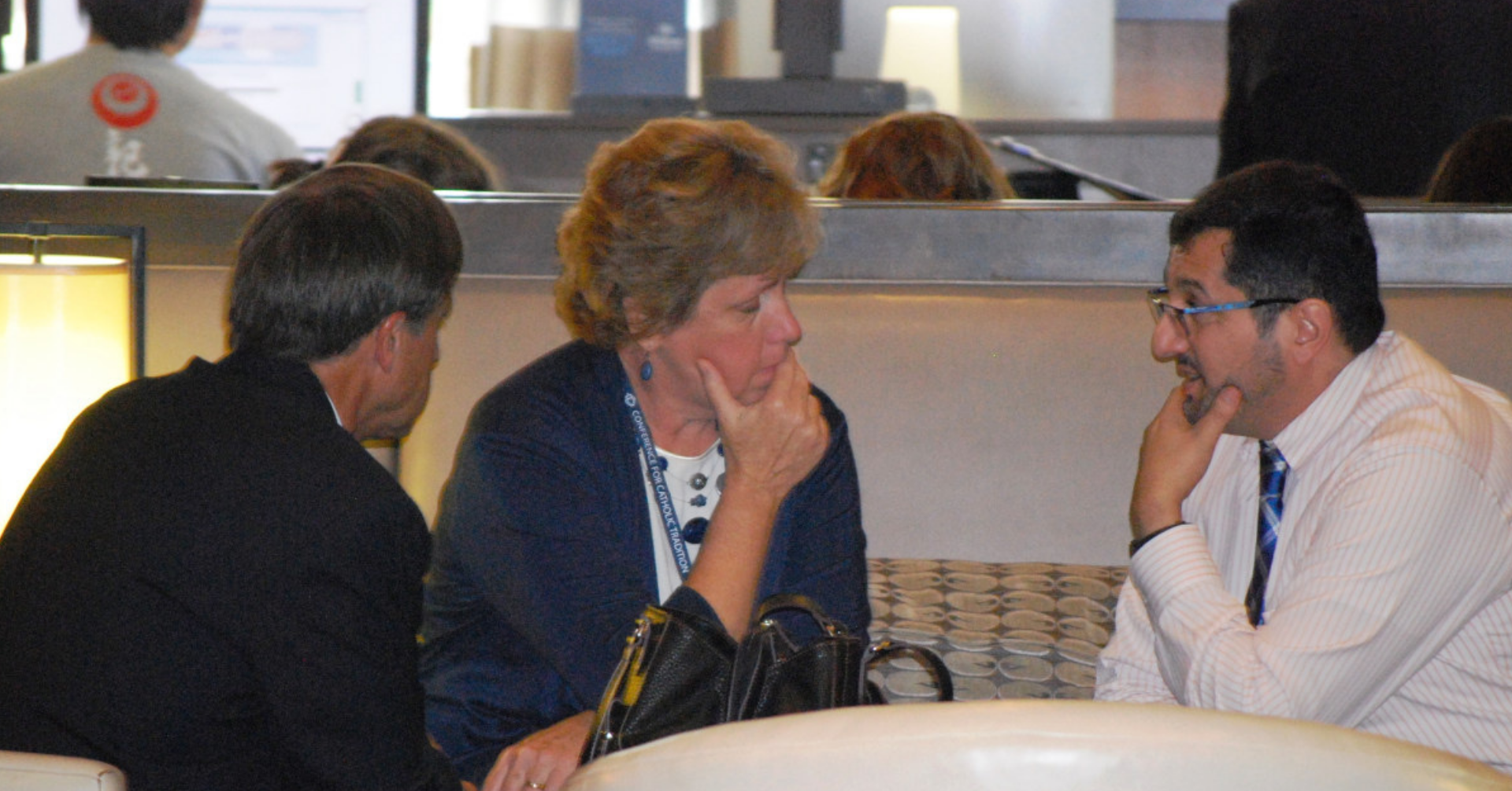The 2014 International Scientific Symposium convened physicians treating bone marrow failure diseases and laboratory researchers studying the immunology and cell biology of bone marrow failure to discuss current areas of controversy, share recent research results and propose specific recommendations for the highest priority directions for basic and clinical research needed to advance the field
As a service to patients and their families, AA&MDSIF recorded interviews with leading experts who planned the symposium sessions. They explain the most important new research on aplastic anemia, MDS and PNH.
Watch these interviews on our YouTube channel:
 |
Judith Marsh, MD, Kings College Hospital Dr. Judith Marsh’s session discussed first line and alternative non-transplant treatments for aplastic anemia. Other exciting developments focused on predicting drug response and gene sequencing for aplastic anemia. Patient engagement and equitable access for patients with rare diseases is important in the United States, developing nations and around the world. Watch the video. |
 |
David Margolis, MD, Medical College of Wisconsin The genetics of disease and non-related bone marrow transplants were the topic of Dr. David Margolis’ session. The symposium covered new knowledge about genetics so that researchers can develop new targets to treat aplastic anemia. The science is showing that transplant survival outcomes for patients without a well matched sibling donor are remarkably better than they used to be. Dr. Margolis encourages patients to speak with their doctors about transplant opportunities in this interview. Watch the video. |
 |
Elihu Estey, MD, Fred Hutchinson Cancer Center Dr. Elihu Estey highlights the need for new approaches to treat patients with high risk MDS. He encourages patients to explore and understand clinical trials to help change the way MDS is treated in the future. Doctors should trust their intuition in proposing scientific research in medicine, and meetings like the Scientific Symposium allow opportunities for new thinking according to Dr. Estey. Watch the video. |
 |
Benjamin Ebert, MD, Brigham and Women's Hospital Dr. Benjamin Ebert reviews the genetic mutations that lead to MDS that were discussed in his session. The pathophysiology and new molecular targets are just a fancy way of saying how MDS works and how researchers are going to develop new treatments. Dr. Ebert states that MDS research is more exciting than it’s ever been, by far. Learn how the knowledge of genetic mutations that occur during a lifetime are explored with “models” to help find the cause of MDS. New drug targets and personalized treatments are promising changes in the future of MDS. Watch the video. |
Additional resources for patients:
- Interviews with our experts attending the ASH Annual Meeting in New Orleans to explain the most important new research on aplastic anemia, MDS and PNH. These physicians are AA&MDSIF Medical Advisory Board members or AA&MDSIF research grant recipients who shared their time and expertise to discuss the latest advances in bone marrow failure disease research.
- Lay language reviews of research studies reported at ASH which are most relevant for patients

